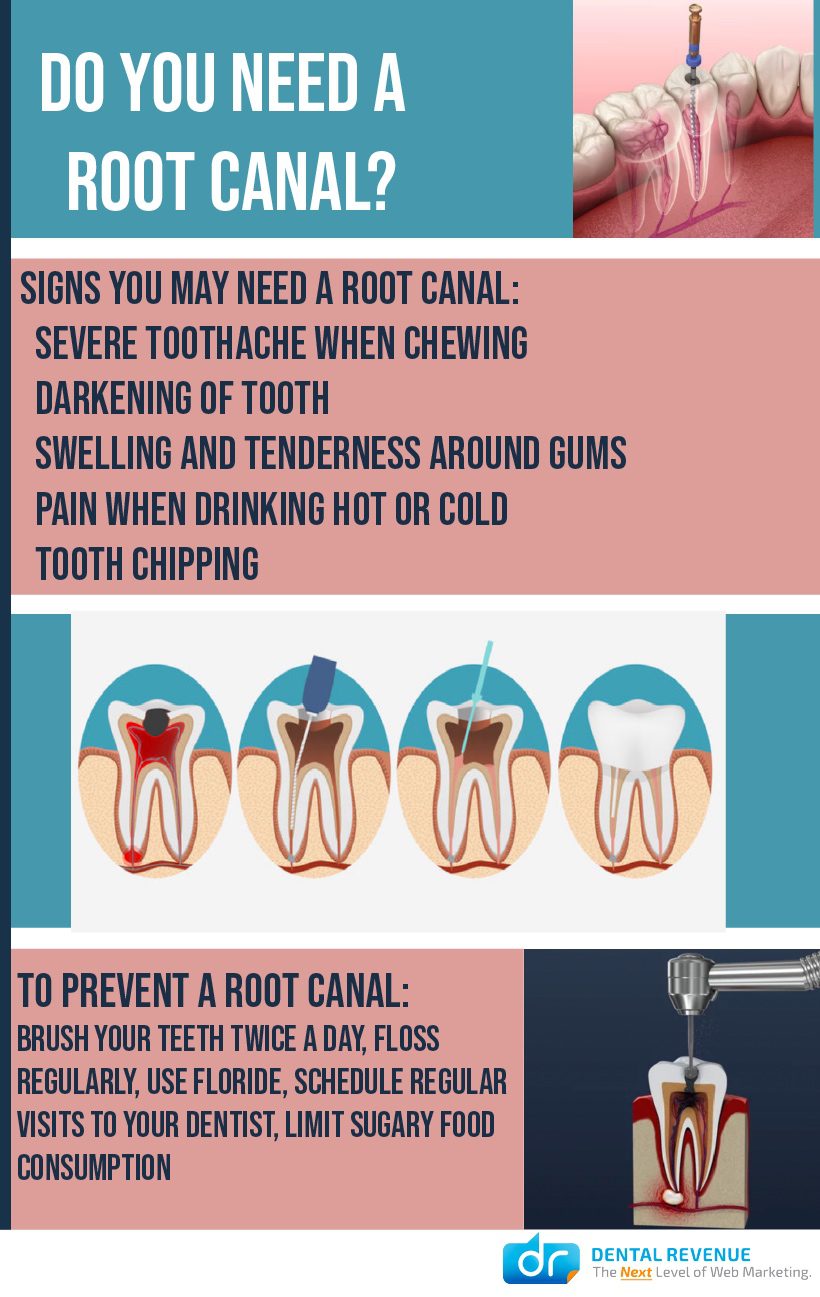Root canal treatment, also called endodontics, is needed when the blood or nerve supply of the tooth is infected through decay or injury. The term root canal refers to the inside of the tooth, which houses the tooth’s nerves, blood vessels, and soft tissue, called dental pulp. Without a root canal, the infection will spread, and we will need to remove the tooth. Dr. Rajeev Upadya offers root canal treatment from the comfort of his East Hanover, NJ dentist office.
Endodontic treatment is one of the most common general dentistry procedures offered at the Metropolitan Center for Complete Dentistry. If the tooth is damaged or has decay, bacteria, and debris can enter the root canal and cause an infection. This may eventually lead to an abscess. We can preserve your natural tooth with root canal therapy.

Why Do I Need a Root Canal?
Tooth decay begins when harmful bacteria begin to break down your tooth. Over time, these bacteria enter the tooth through a cavity or hole in the tooth. Once this infection reaches the inside of the tooth, it affects the dental pulp. The pulp consists of the nerves and cells that keep your tooth alive.
If you notice these signs of infection, you may need root canal therapy:
- Tooth sensitivity
- Toothaches
- Pain when biting and chewing
- Swollen gums
- Discolored tooth
Please contact our office for a consultation if you notice any of these symptoms.
Before your root canal treatment, we will take dental X-rays to see within your teeth. We can see which teeth are affected by infection and whether we can save your tooth with a root canal.
Root Canal: What to Expect
The goal of root canal treatment is to remove all infected tissue from the inside of the tooth. Then, we will fill the tooth to prevent further infection.
Dr. Upadya will begin the procedure by making a small hole to allow access to the inside of the tooth. He will use this to remove the infected pulp, nerve tissue, and bacteria with special dental instruments.
He will then thoroughly clean and polish the tooth and remove excess material. If an infection occurs, he may prescribe antibiotics. He will also temporarily seal the tooth until the infection has healed.
Once the infection is clear and the root canal is free of debris, he will fill it with a biocompatible rubber compound called gutta-percha. Next, Dr. Upadya will cover the tooth with a dental filling or crown to add strength and protect it from future damage.
A dental crown fits around the tooth like a cap and will support the long-term health of your tooth. We will custom-fit and color-match your crown to your natural teeth.
Root Canal Treatment vs. Tooth Extraction
A tooth extraction is an alternative to root canal treatment. The dental pulp cannot regenerate once destroyed. We do not recommend leaving an infected tooth in the mouth.
Although some prefer an extraction, keeping as many natural teeth as possible is usually best. Root canal treatment makes that possible. Still, we can perform comfortable tooth extraction in our office if needed.
Root Canal FAQs
Learn more about root canal therapy in our East Hanover, NJ dental office with these FAQs:
Is root canal treatment painful?
While most people think a root canal is a painful procedure, it should feel no different than having a dental filling placed. The pain is actually from the infection inside the tooth, not the procedure. Dr. Upadya uses a computerized anesthetic called The Wand to deliver a precise and controlled anesthetic dose for pain-free root canal treatment.
We may also use sedation dentistry for patients with anxiety to help them remain relaxed and calm throughout treatment. Most of our patients feel relief after we remove the infection. Removing the infected pulp will relieve any pressure caused by the infected tooth.
Is a root canal necessary?
If you want to save your infected tooth, yes. This procedure can save an infected tooth from being completely removed. If the damage to your tooth is too much, we will recommend a tooth extraction. The only way of knowing if you need one is to visit our dentist’s office for a dental exam.
Is a root canal a difficult procedure?
No. With today’s advancements in modern dentistry, root canals can be completed within one to two dental visits. Dr. Upadya uses the latest techniques to alleviate your pain and give lasting results swiftly.
Should I have my tooth extracted or live with the gap?
We recommend replacing your tooth with a dental implant after removal. Missing teeth can open up new opportunities for infections of nearby teeth, jawbone loss, facial sagging, and more. Filling this gap with an implant will also improve the look of your smile.
Is a tooth crown necessary after root canal treatment?
It depends on which tooth is treated. If your molars or premolars are affected, you will need a crown to protect the tooth. Front teeth, canines, and incisors may not need a dental crown.
Crowns are a great option if your tooth is weakened because of decay. Our tooth-colored crowns are durable enough to withstand the biting forces of your teeth.
How long do root canals take to settle?
After a few hours, the numbness from your root canal goes away for most patients. A few days of soreness following a root canal procedure is completely normal. Your root canal may take a few weeks or months to settle fully. Your recovery time will depend on how your body responds to the procedure and the area where we performed treatment.
Schedule a Dental Exam and Root Canal Consultation
To learn more about root canal treatment, contact our East Hanover, NJ, and Summit, NJ, area dentist office for a consultation with Dr. Raj Upadya. Call us at 973-241-5169 or schedule an appointment online today. If you have questions about your root canal treatment, let us know at your next visit. We will be happy to answer them for you.
